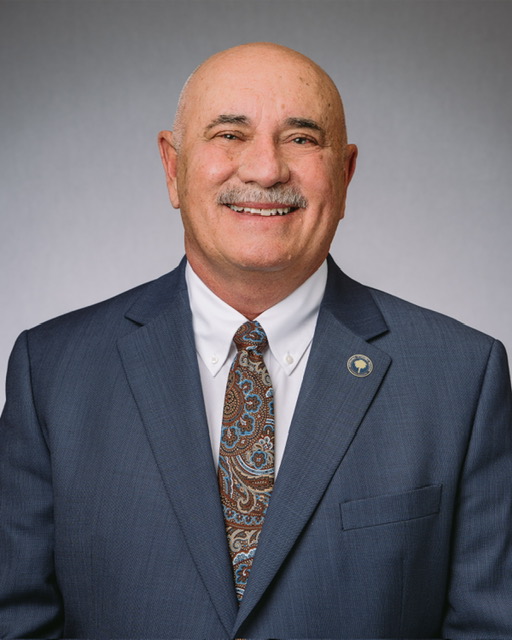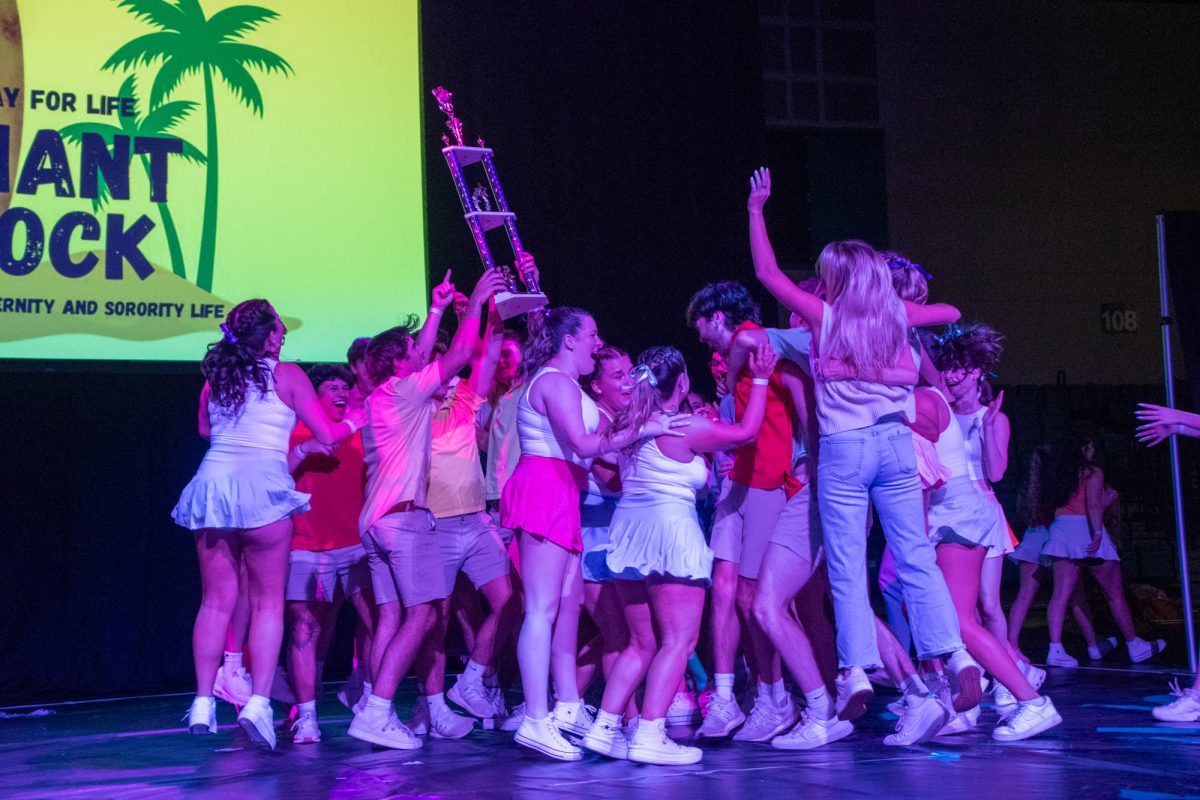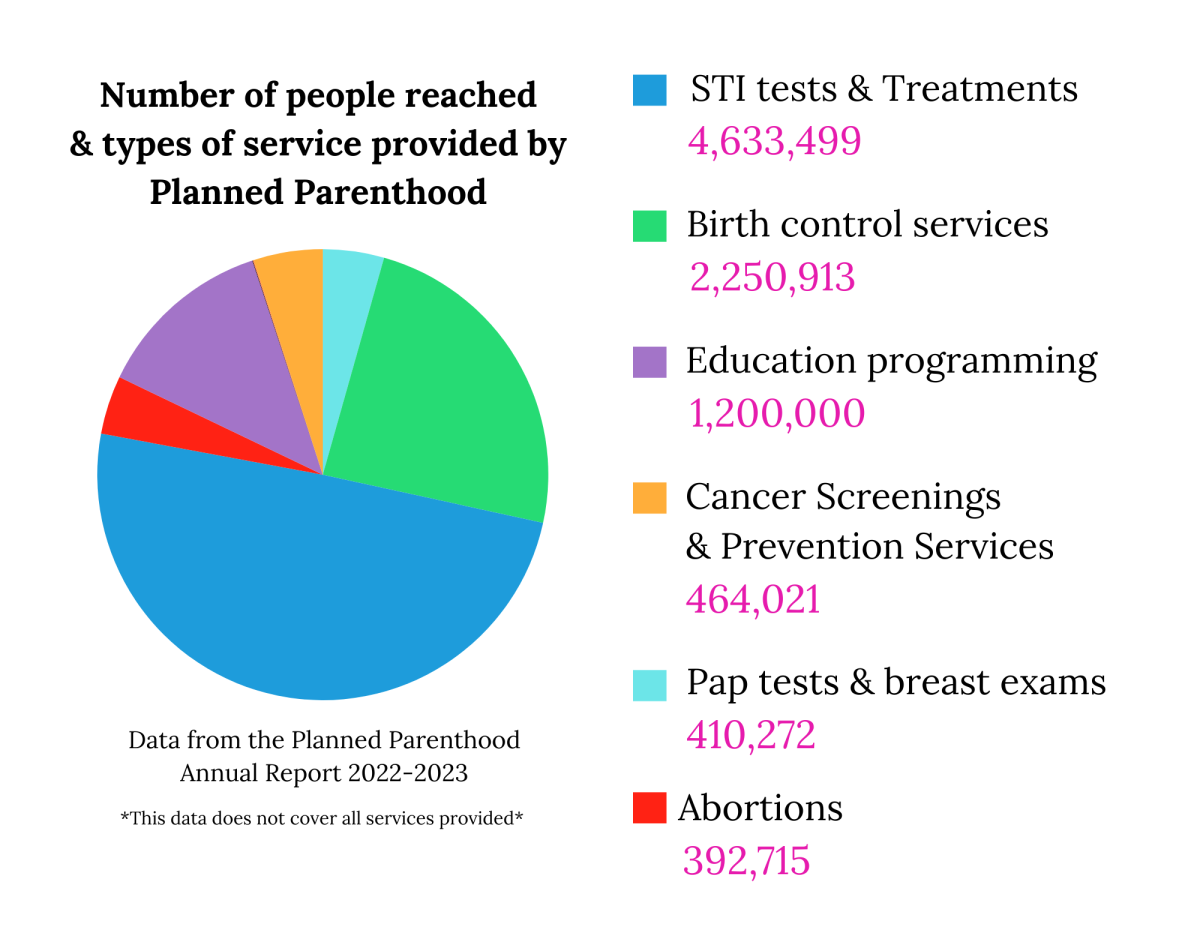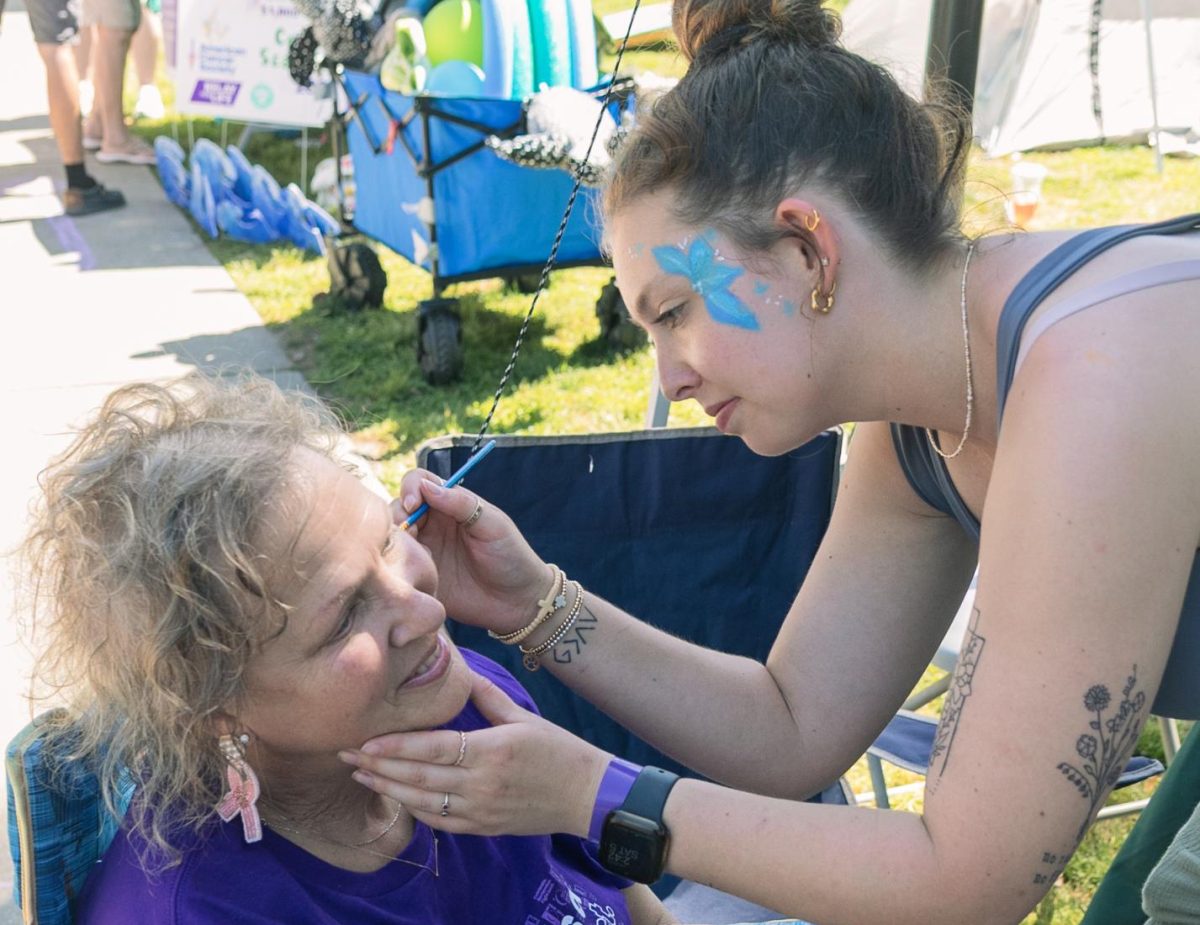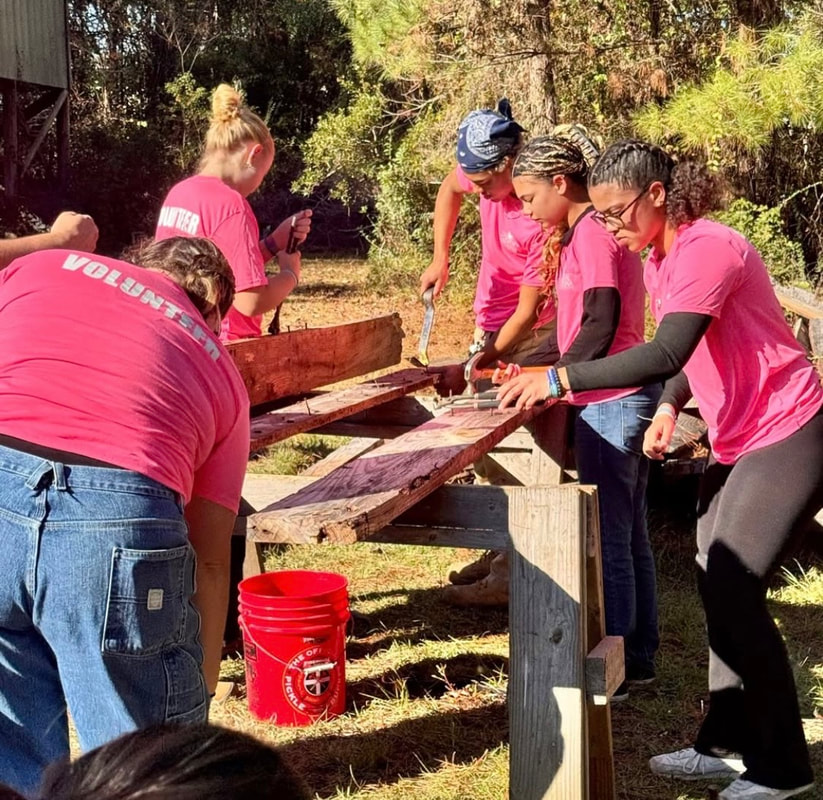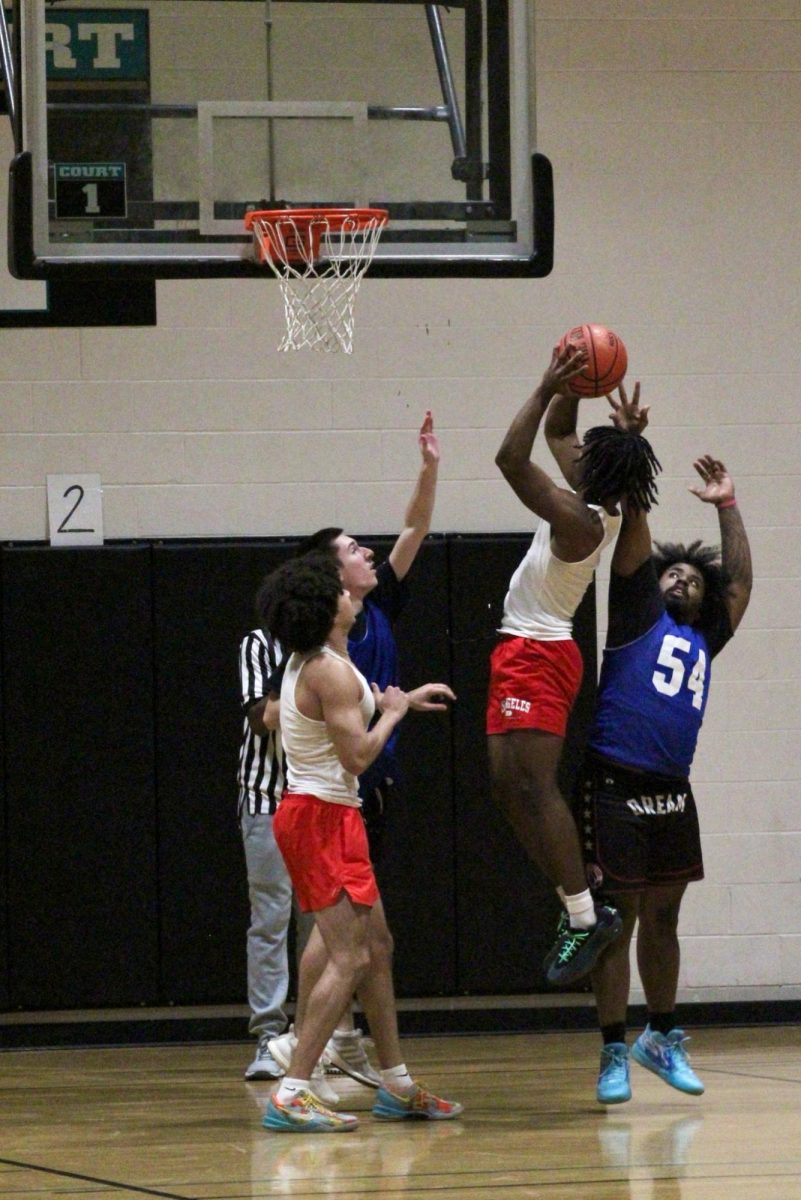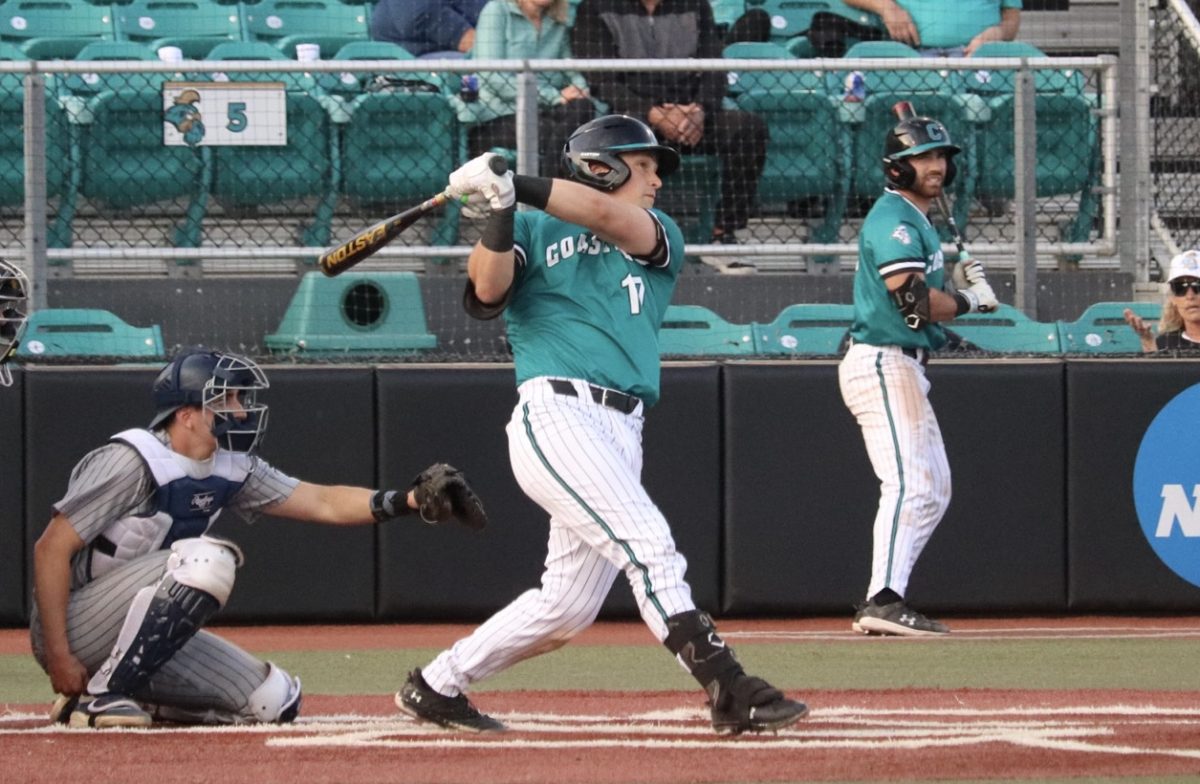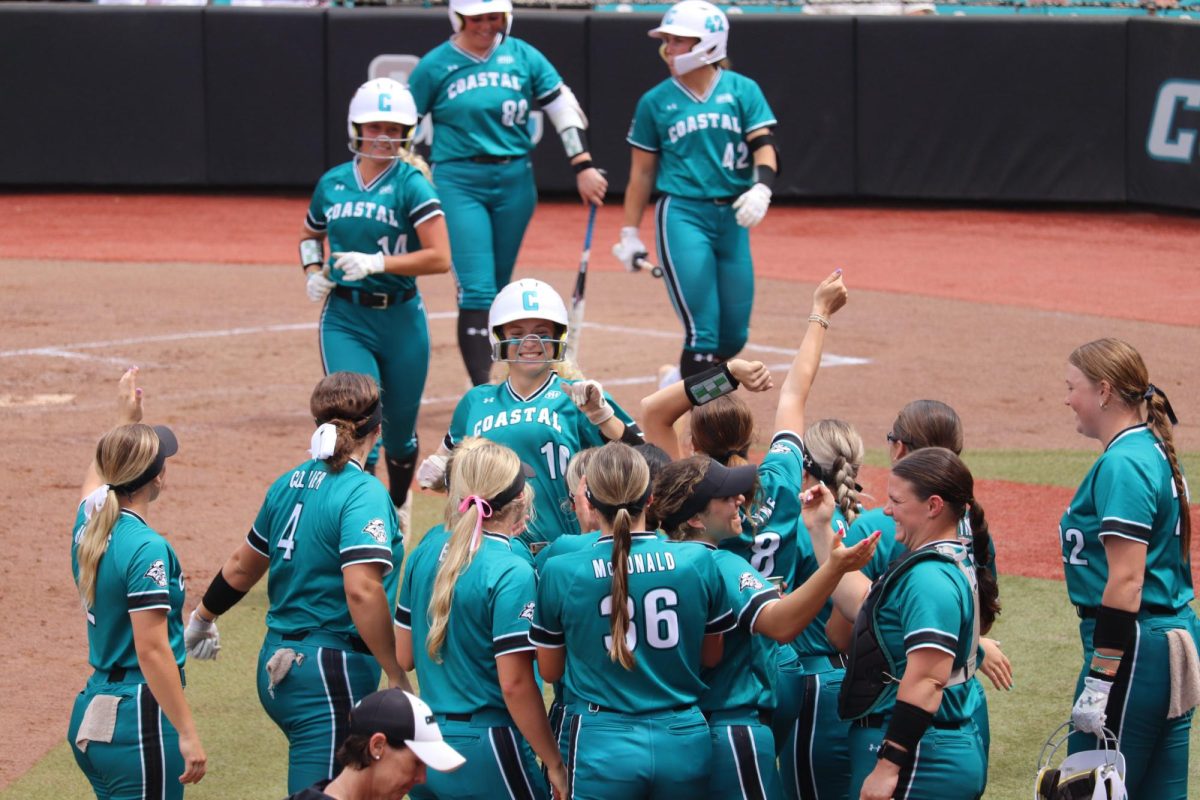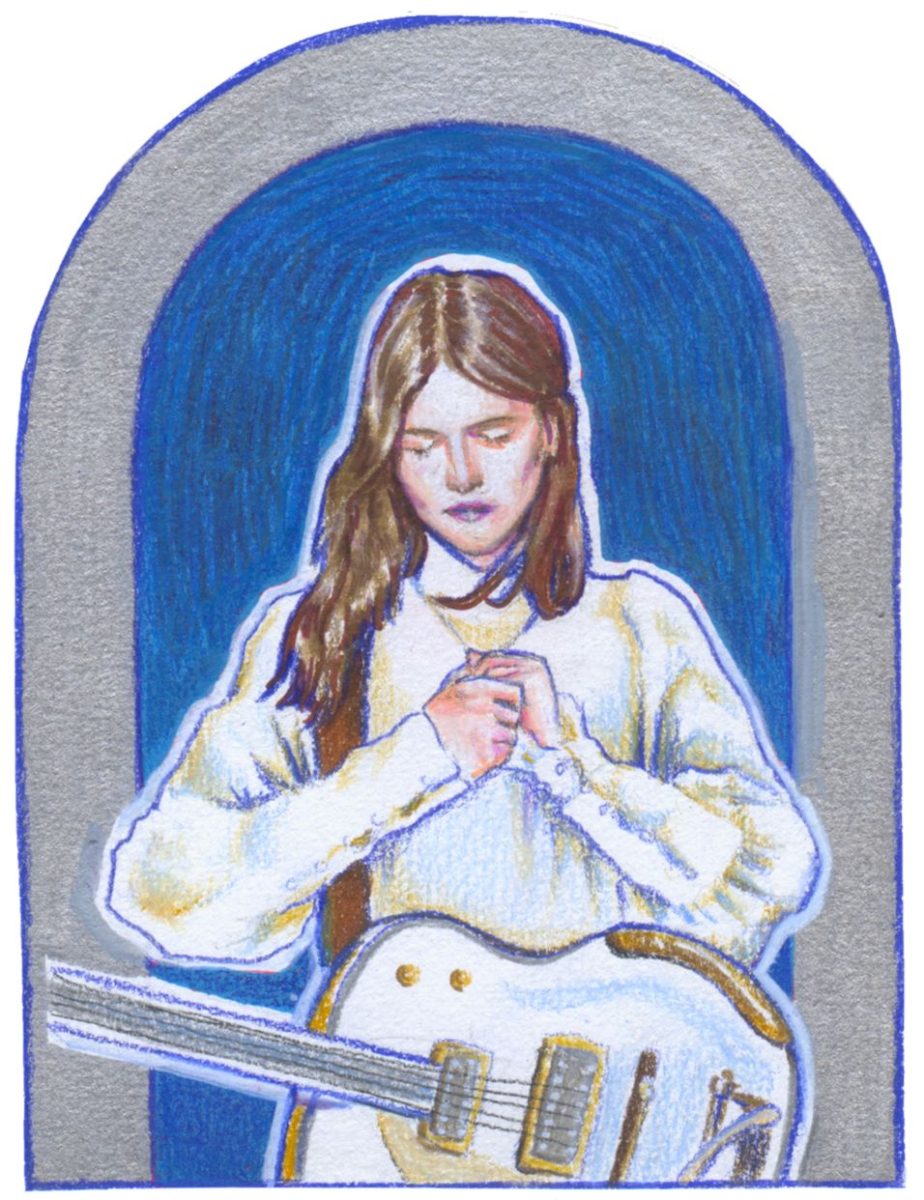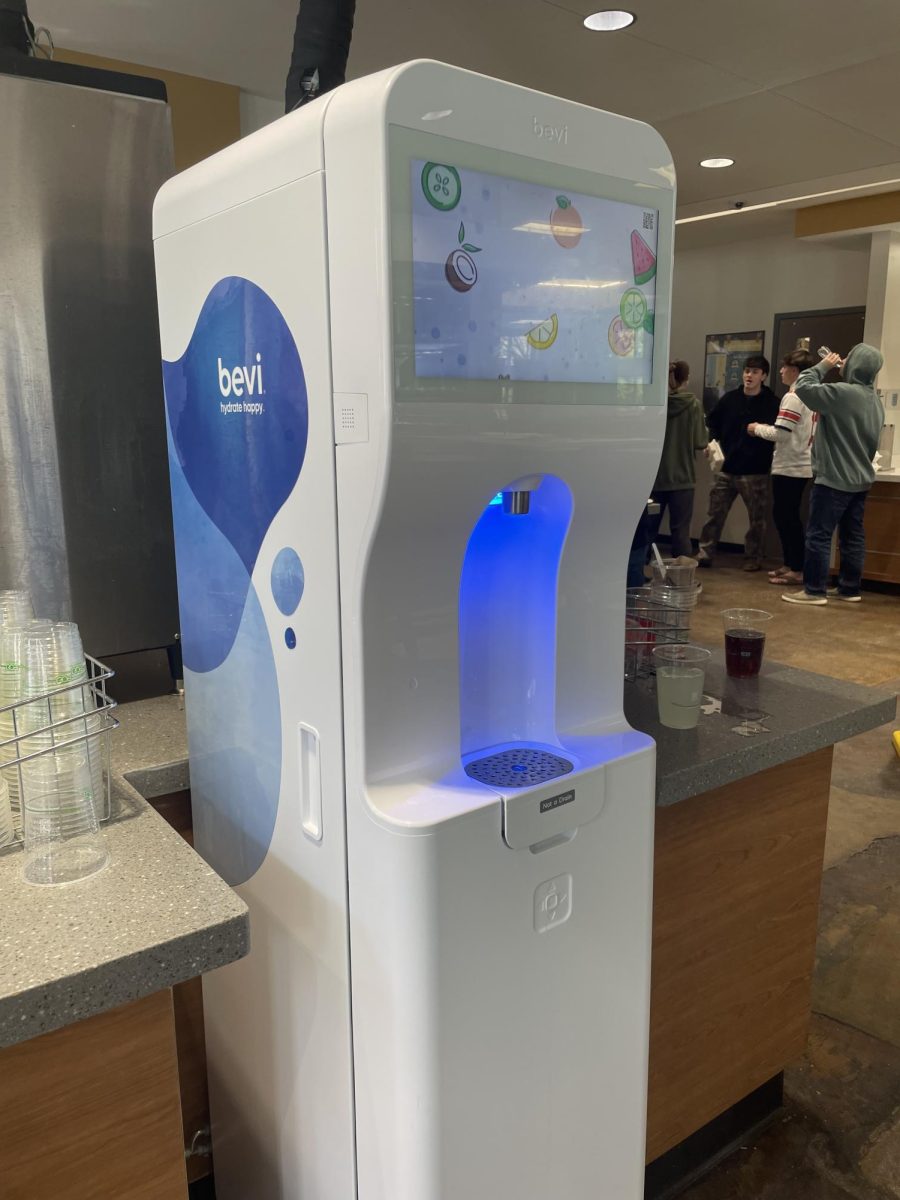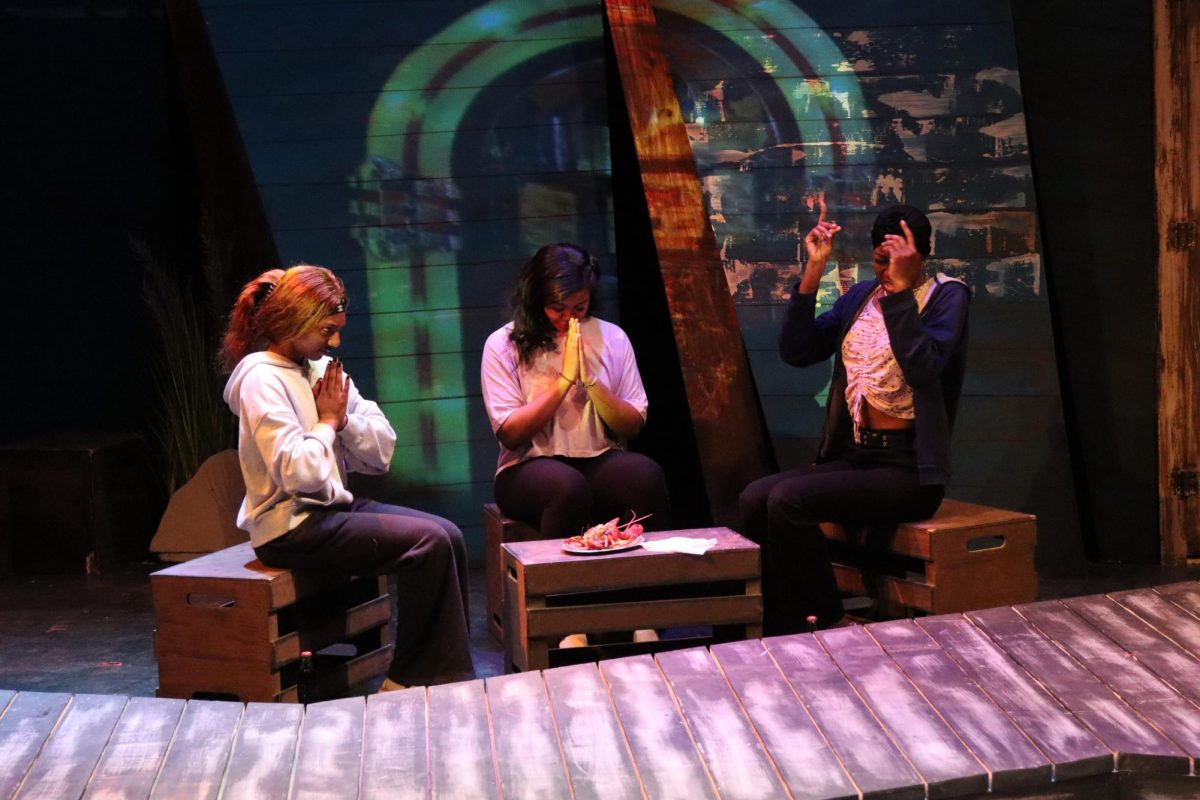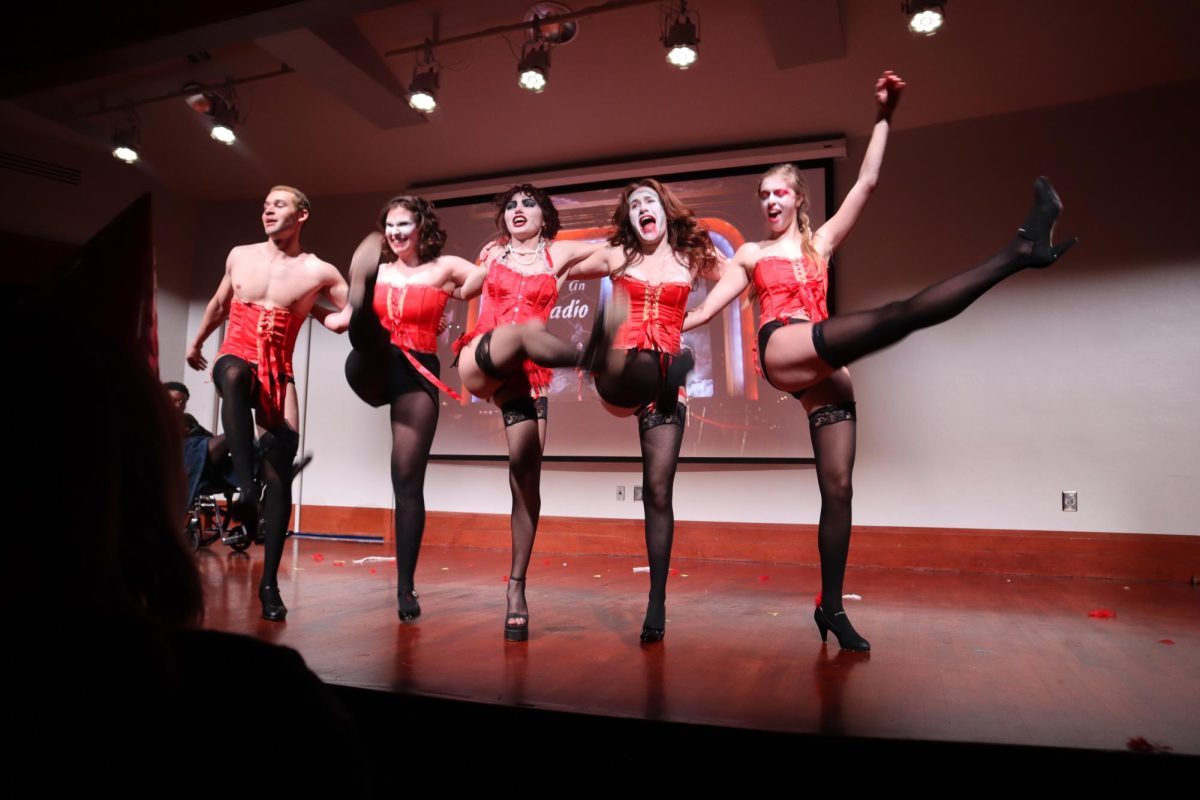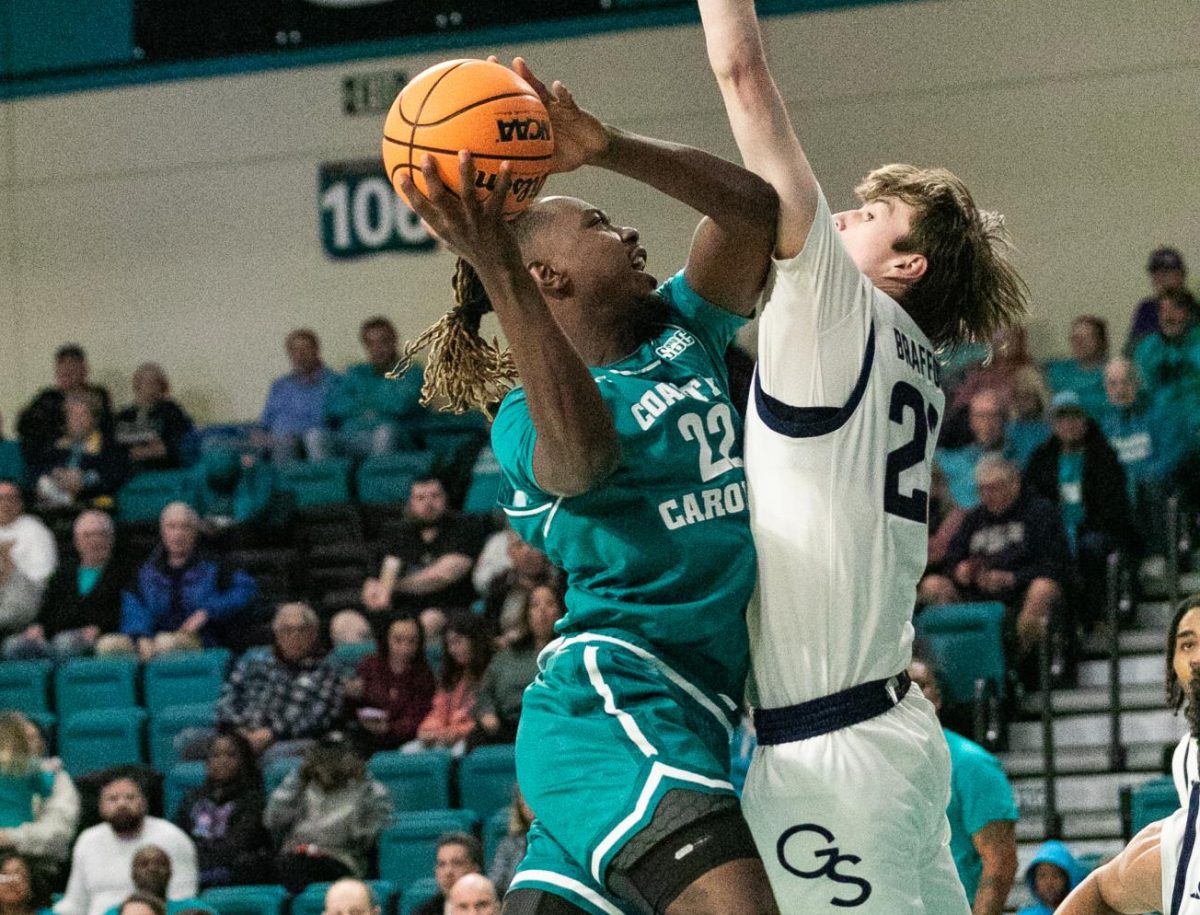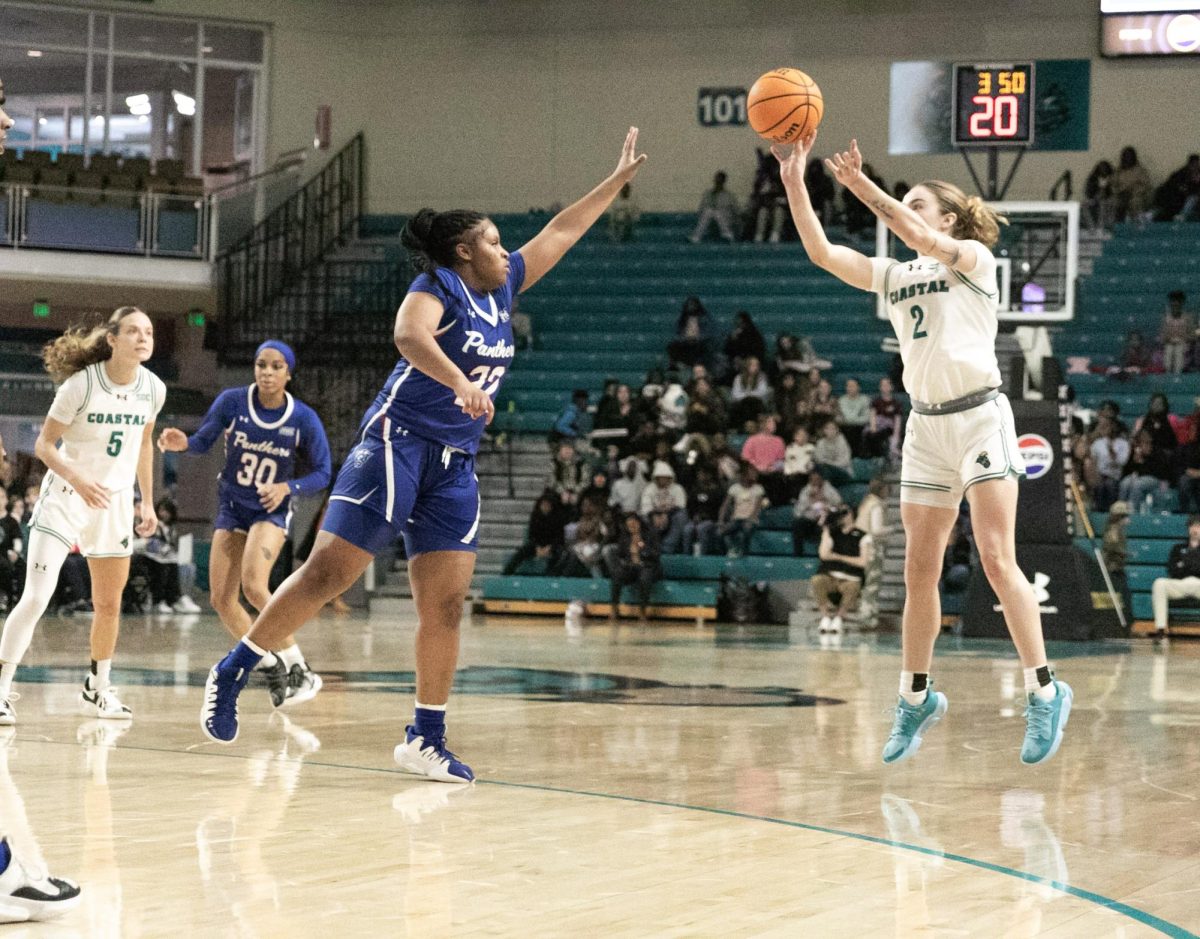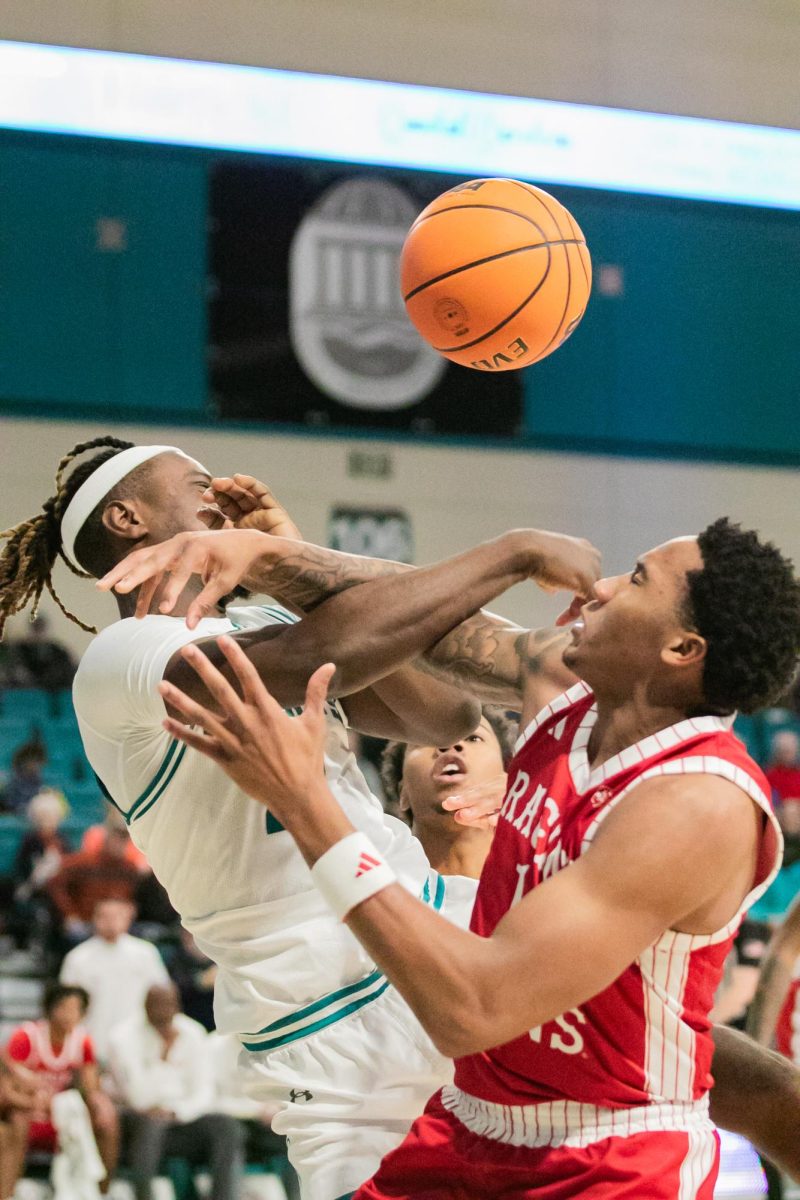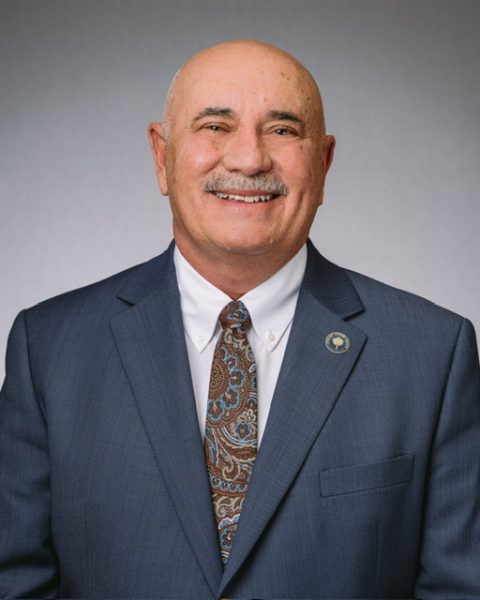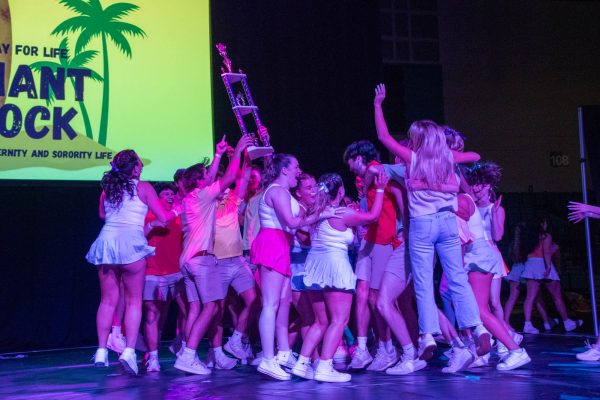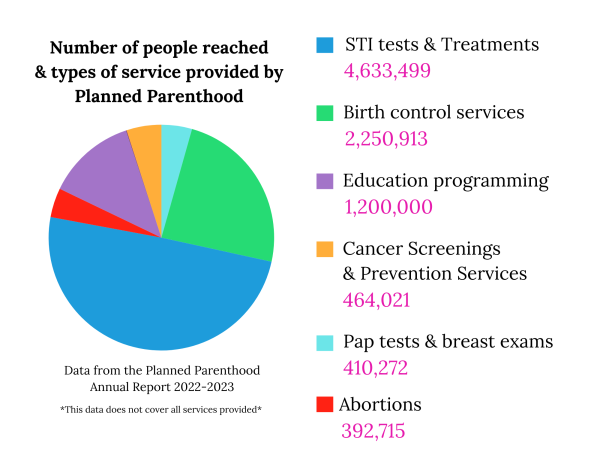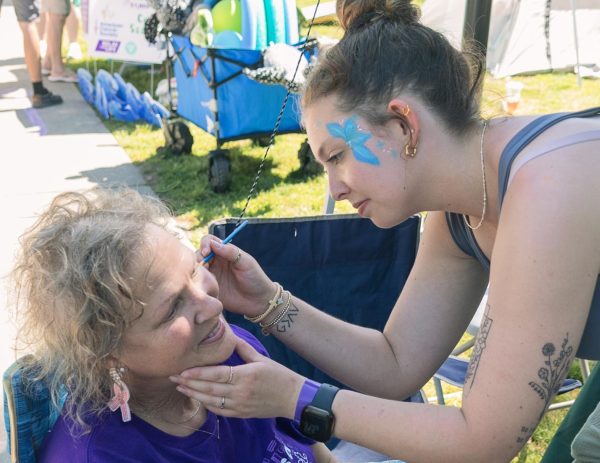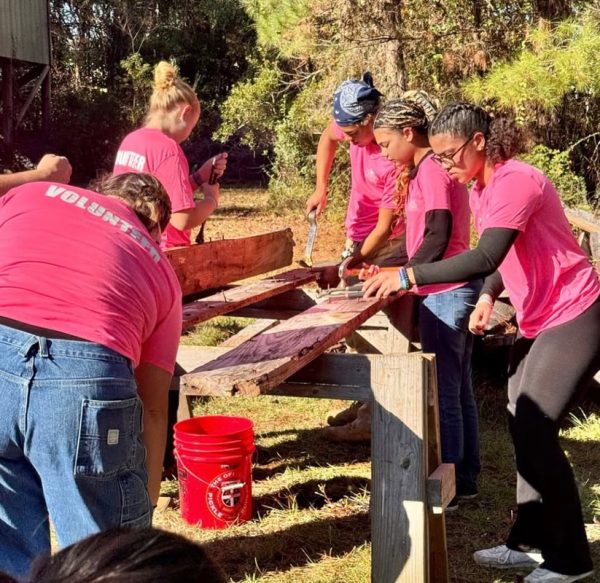Edwards’ Center for Inclusive Excellence is reinventing research
The Edwards Center for Inclusive Excellence (CIE) reinvented the Edwards Research Fellows’ focus on inclusivity in education through interdisciplinary discussions and projects.
According to Jen Boyle, CIE director and Edwards assistant dean of interdisciplinary programs and research, the center is an interdisciplinary initiative, an idea initially formed by Edwards Dean Claudia Bornholdt where students and faculty can work together across disciplines.
Boyle said the center’s focus is inclusivity as a practice and pedagogy across different fields of study. She said the center’s work is socially aware and project-driven. This year and next year’s theme is narratives of democracy.
“We’re doing things that are kind of stepping out of the typical, traditional, sort of academic, not always thought through approaches,” Boyle said, “really trying to look at alternative, socially aware approaches to research.”
Elizabeth Baltes, a faculty fellow in CIE and an art history associate professor, said she thinks engaging with democracy and critical thought is important to a liberal arts education. Baltes said the center is a place where students from different intellectual backgrounds can come together and think about ways the college, community, and state can be more inclusive and more representative of diversity.
“I think it is important work, it’s hard work,” Baltes said. “But I think even from just the faculty perspective, we’ve learned that we are thinking about these things already, and there is strength in numbers.”
Eric Schultz, a faculty fellow and woodwind music assistant professor, said project ideas for the center often stem from student fellows expressing issues, concerns or passions to faculty fellows.
Frances Ludwig, a student fellow and sophomore art history and art studio double major, said her personal goal is to have something tangible by the time she leaves the center. Ludwig said so far the center has provided her opportunities to travel for research, speak about her research to an audience, and meet various people from the humanities whom she had not gotten the chance to work with before.
“I want to be able to say ‘this is this thing that I worked on, and I am really proud of it,’” Ludwig said.
Boyle said these projects tend to involve a lot of travel, planning and research. Recently, Baltes and Wendy Weinhold, a faculty fellow and The Chanticleer faculty adviser, travelled to Washington D.C to examine monuments and narratives of democracy. Schultz acquired Valerie Coleman’s entire collection of compositions. Coleman is to perform at Coastal in fall of 2022.
Schultz said his main concern with the center going forward is making these projects sustainable and repeatable by other universities. Boyle said the center has a goal to go from local to global, doing things locally that have a global reach.
Boyle said the application deadline for faculty fellows for the second year of the center is Feb. 28. She said student fellow applications have closed, and the new fellows have been selected.
Boyle said the hands-on experience the center provides is impressive on a resume, and student and faculty fellows both receive stipends for their work. She said anybody, even students not majoring in the Edwards College, can apply. Boyle said applications consist of a short essay and an interview process.
